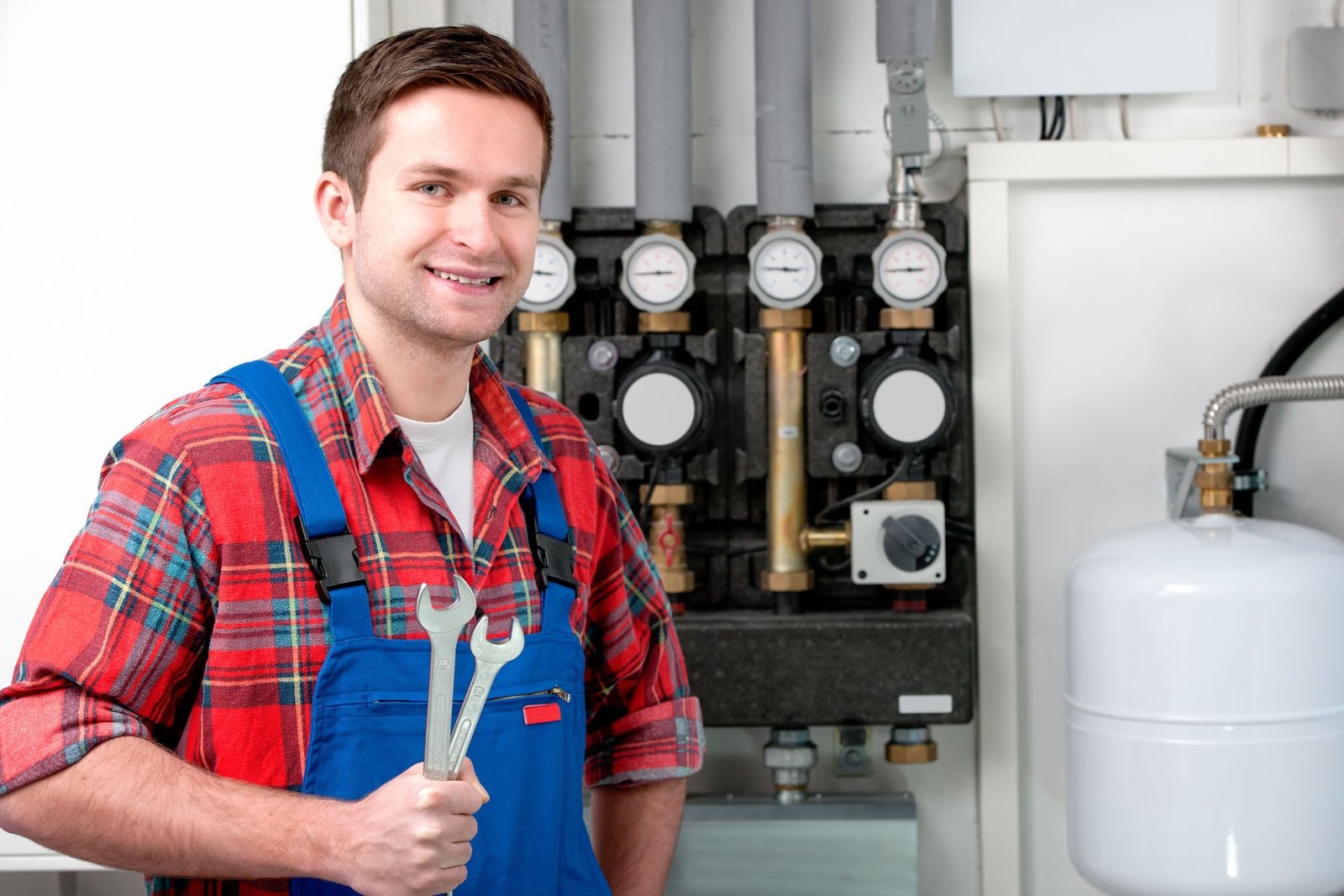Boiler installation is a critical aspect of ensuring optimal heating efficiency and safety in residential and commercial buildings. Whether you’re upgrading an existing system or installing a new one, meticulous planning and execution are essential. In this guide, we delve into the intricacies of boiler installation, covering everything from initial assessment to post-installation maintenance.
Understanding Boiler Systems:
Before delving into installation specifics, it’s crucial to understand the different types of boilers available. The three primary types include combi boilers, system boilers, and conventional boilers. Each has its unique characteristics and installation requirements, depending on factors such as property size, heating demands, and existing infrastructure.
Assessment and Planning:
A successful boiler installation begins with a thorough assessment of the property and heating requirements. Factors such as the size of the property, hot water demand, existing pipework, and insulation levels all influence the choice of boiler and installation approach. Engaging a qualified heating engineer to conduct this assessment ensures that the selected boiler meets the property’s needs efficiently.
Selecting the Right Boiler:
Based on the assessment, the next step involves selecting the appropriate boiler type and model. Factors to consider include energy efficiency ratings, warranty periods, compatibility with existing systems, and budget constraints. Energy-efficient boilers not only reduce utility bills but also contribute to environmental sustainability by minimizing carbon emissions.
Preparing the Site:
Preparing the installation site is crucial to ensure a smooth and safe installation process. This involves clearing the area around the boiler location, providing adequate ventilation, and ensuring access for maintenance purposes. Additionally, any necessary upgrades to the pipework or heating controls should be addressed before installing the new boiler.
Installation Process:
The installation process itself requires precision and adherence to industry standards. It typically involves the following steps:
- Removal of the old boiler: Disconnecting and safely removing the existing boiler and associated pipework.
- Positioning the new boiler: Installing the new boiler in the designated location, ensuring proper alignment and clearances as per manufacturer guidelines.
- Connecting pipework: Installing pipework to connect the boiler to the central heating system and hot water supply.
- Flue installation: Fitting the flue system to safely vent combustion gases outside the property.
- Electrical connections: Wiring the boiler to the mains electricity supply and ensuring proper grounding.
- Testing and commissioning: Conducting thorough tests to verify the boiler’s functionality, including pressure and leak checks.
- Compliance certification: Obtaining necessary certifications and notifying relevant authorities of the boiler installation as per regulatory requirements.
Safety Considerations:
Safety should always be a top priority during boiler installation. Qualified heating engineers are trained to adhere to safety protocols and regulations to prevent accidents and ensure compliance with industry standards. This includes proper handling of gas and electrical components, as well as thorough testing of the installation before commissioning.
Post-Installation Maintenance:
Once the boiler is installed and operational, ongoing maintenance is essential to prolong its lifespan and optimize performance. This includes regular servicing by a qualified engineer to inspect and clean the boiler, check for any faults or leaks, and ensure all components are functioning correctly. Additionally, homeowners should be educated on basic maintenance tasks such as bleeding radiators and monitoring boiler pressure.
Benefits of Professional Installation:
While DIY enthusiasts may be tempted to undertake boiler installation themselves, hiring a professional heating engineer offers numerous advantages. Qualified engineers have the expertise and experience to assess heating requirements accurately, select the right boiler for the property, and ensure a safe and compliant installation. Moreover, professional installation typically comes with warranties and guarantees, providing peace of mind and protection against potential issues.
Conclusion:
Boiler installation is a complex process that requires careful planning, expertise, and adherence to safety standards. From initial assessment to post-installation maintenance, every step plays a crucial role in ensuring optimal heating efficiency and safety for residential and commercial properties. By understanding the intricacies of boiler systems and engaging qualified professionals, property owners can enjoy reliable heating solutions tailored to their needs.


















